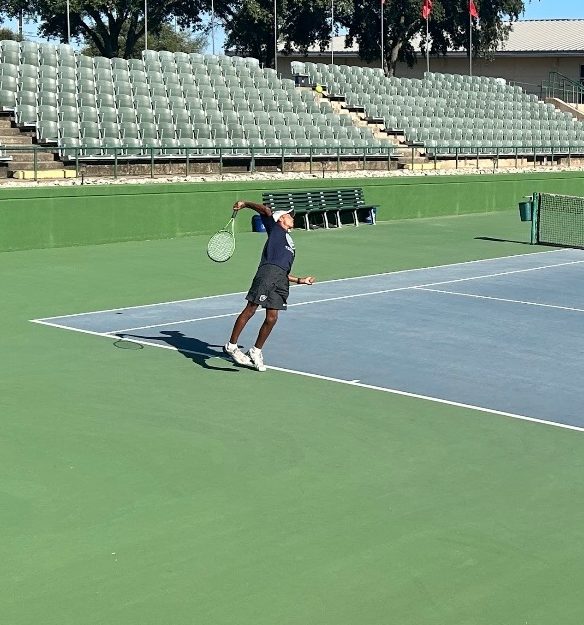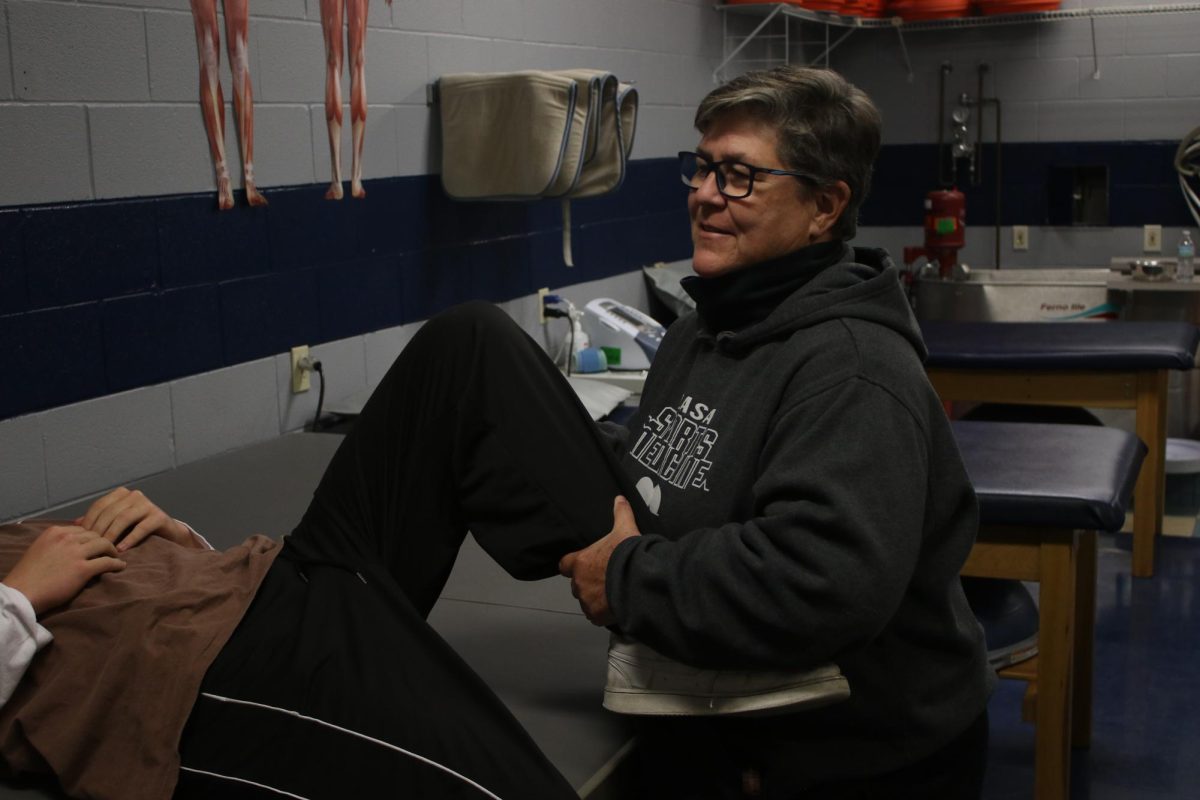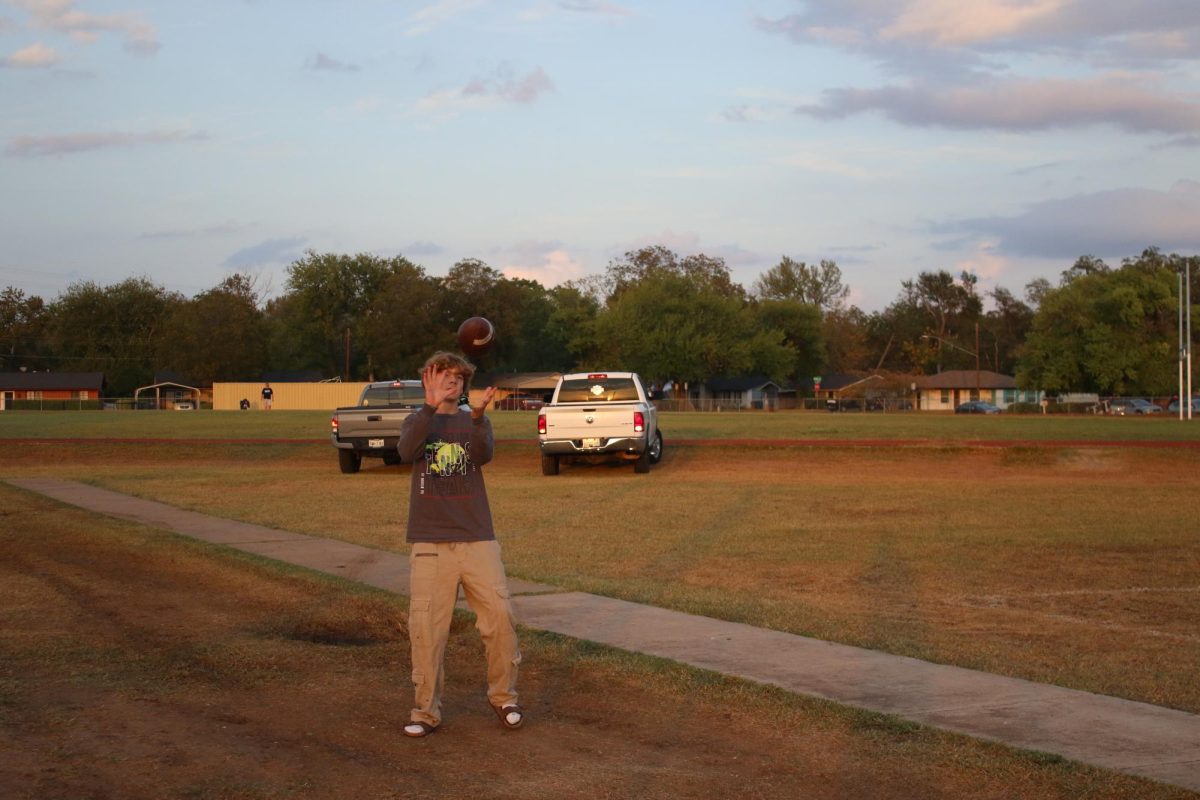Created in the early 1960s, fantasy sports is an online activity where players draft their imaginary professional sports teams to compete against each other in virtual leagues revolving around real-life statistics and rankings. According to an NFL-commissioned survey, fantasy sports boomed in popularity in the early 2000s all over America, making what once started as a hobby grow into a multi-million dollar industry.
Many fans profess that this cultural phenomenon offers them a more interactive way to engage with their favorite sports and take charge of their own fictional team. LASA junior Sarvajit Madala, a fantasy football enthusiast, illustrates his role as a player.
“You draft skill positions and manage the team,” Mandala said. “You always have to look at what’s available in the market, see if you can bring in new players that have a high chance of giving you extra points to win your games. It’s important to keep a close eye on authentic games during each sports season to achieve victorious results in the hypothetical world.”
Ashwin Geeni is a LASA sophomore who enjoys fantasy sports. According to Geeni, the rise of the industry also catalyzed an increased engagement in viewership and attendance across the sports leagues.
“The game can give you a greater understanding of how players will perform and how each team works day in and day out,” Geeni said. “It also keeps you interested in teams outside of whatever team you’re a fan of, so you’ll watch more games with other teams to keep track of their players. Personally, I like fantasy sports because I get to make all the decisions and act as the manager for my ideal team.”
The game doesn’t just appeal to a younger audience. In fact, several adults have been participating in fantasy sports like fantasy football. For quite a while, older audiences have come up with fun ways to raise the stakes, according to University of Texas at Austin student Vandana Dubakula.
“I’ve been playing fantasy football for the past five years, and it’s such a fun activity for me and my friends,” Dubakula said. “I’m doing it with a group of 10 people, and we all put down $10 for the draft, so whoever comes in first place gets $50, second place gets $30, third place gets $20. That’s our incentive to want to do well.”
However, fantasy sports aren’t always easy, according to Madala. One of the biggest challenges with fantasy football is unpredictability.
“If a team member gets injured, it affects how you do in your games,” Madala said. “You have to take those people out of your lineup and replace them with different players. But that’s what makes the game so interesting.”
Fantasy fans enjoy fantasy sports for its interactive elements that make it one of the most popular ways to engage in sports. For those interviewed, the opportunities are limitless in the imaginative world of sports, and it brings a whole new sense of realism to the sporting fan experience.







